
China launches a Long March 3B carrier rocket on May 17 morning to transport a satellite into space for the country's Beidou Navigation Satellite System. (Photo by Zhu Lei/For chinadaily.com.cn)
Engineers at the China Academy of Launch Vehicle Technology in Beijing recently tested a parachute-controlled descent system on a rocket, which will help reduce risks and evacuation costs after a mission launch.
Falling rocket debris has been a concern for those located under a rocket's trajectory, with local authorities sometimes needing to evacuate people if there is a possibility that hazardous material might fall on residential areas.
To solve this problem, rocket scientists and engineers have been exploring multiple methods to control the descent of rocket debris. The latest solution is a controllable parachute system, which was tested during a Long March 3B rocket launch on May 17.
Installed on one of the rocket's side boosters, the system was activated at a set altitude after the booster had been fired and had separated from the rocket's core stage.
The system successfully guided the used booster's descent on a planned path. The booster landed in a designated area that was only 20 percent the size of previous zones for fallen debris, according to the academy.
Zhang Yipu, a lead structural designer of the Long March 3 rocket fleet, said the parachute system features a host of advanced devices, including a large controllable parafoil and an integrated navigation and positioning system for rapid movement.
Before the latest test, China Academy of Launch Vehicle Technology engineers conducted two tests of a controllable-descent system in two Long March 2C rocket launches.
Yang Yuguang, a senior space industry observer in Beijing and vice-chair of the International Astronautical Federation's space transportation committee, said on Monday that descent control technologies are both necessary and useful.
"Normally, rocket debris, like the first core stage and side boosters, go through an uncontrollable fall before crashing to the ground, forcing the authorities to evacuate a large number of people, and that costs a lot of money and energy," he said.
The application of descent-control technologies will not only narrow debris crash areas, which usually cover large areas of more than 1,000 square kilometers, and provide higher safety for residents, but also greatly reduce costs, Yang said.
"In the near future, when Chinese rocket boosters can make controllable descent and landing within a very small, designated place, then our engineers will be able to recover and recycle them," the researcher said.








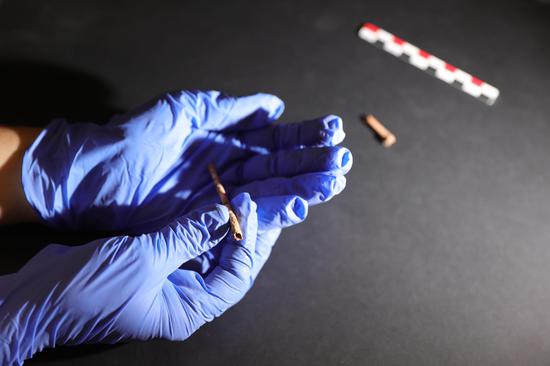
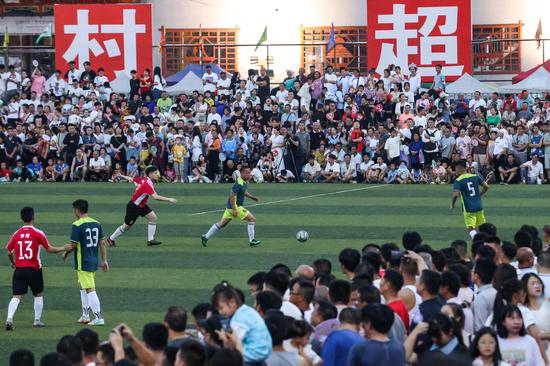
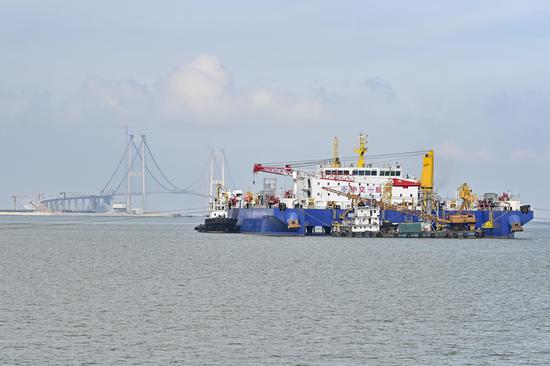
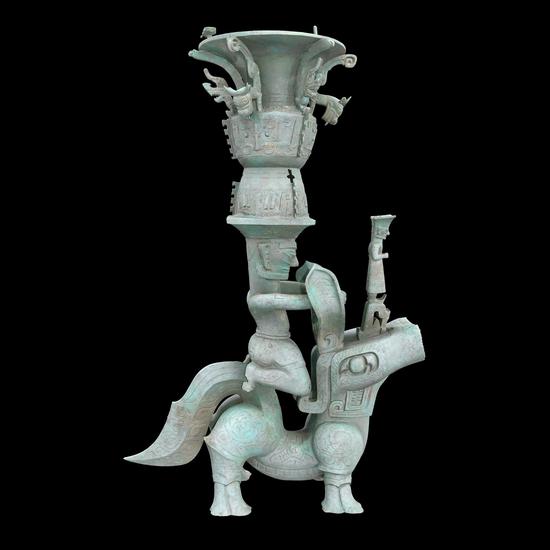



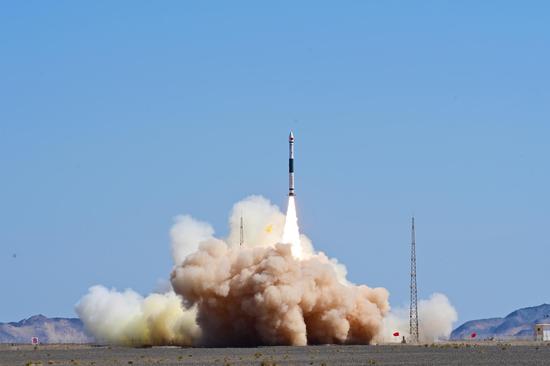
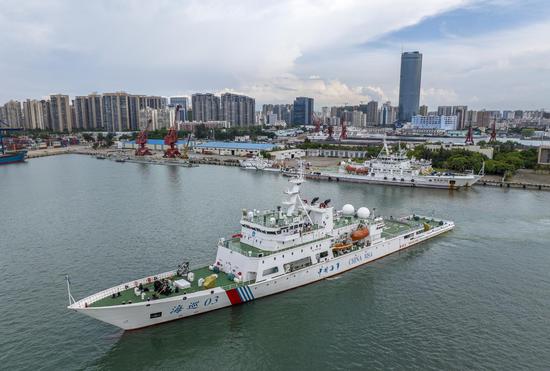




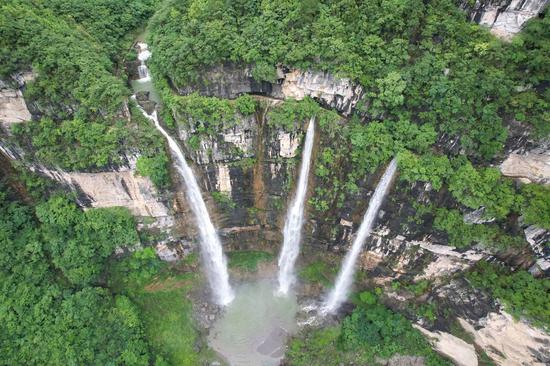

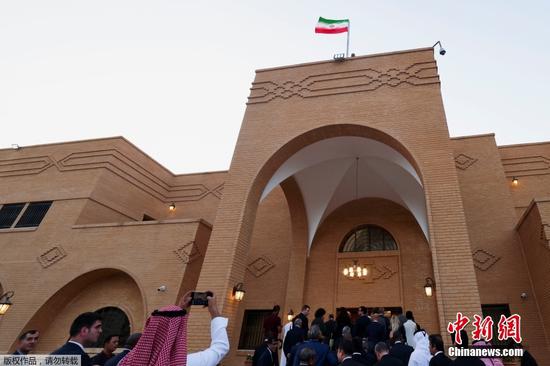
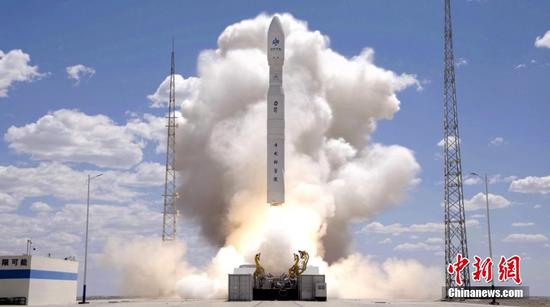




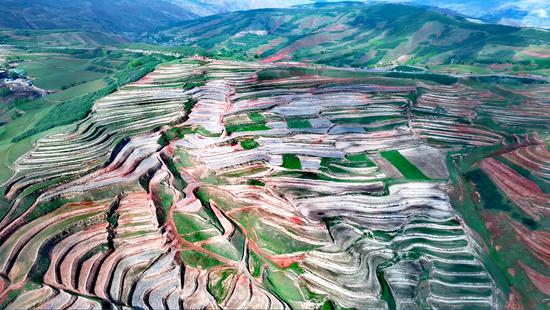
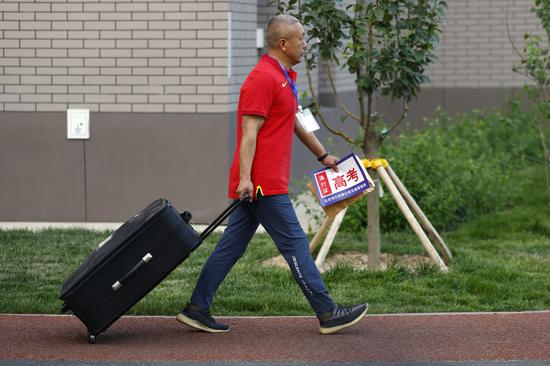
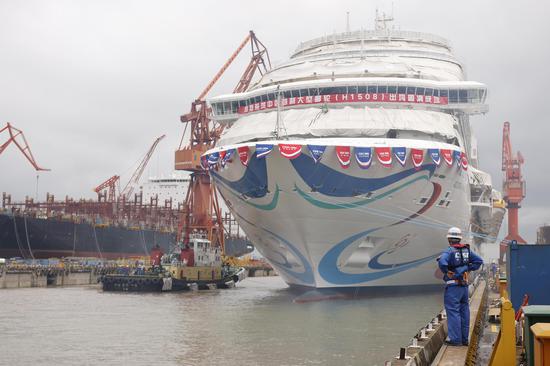

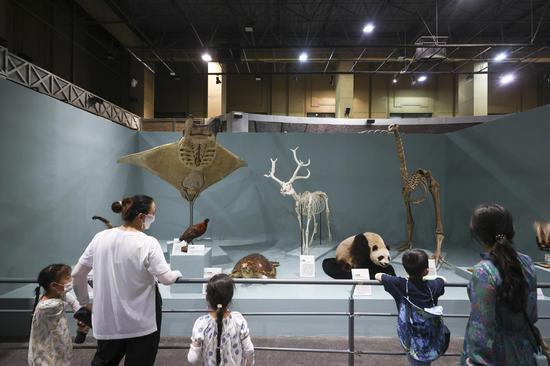
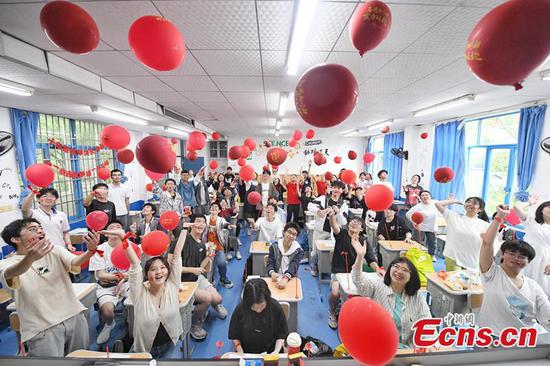
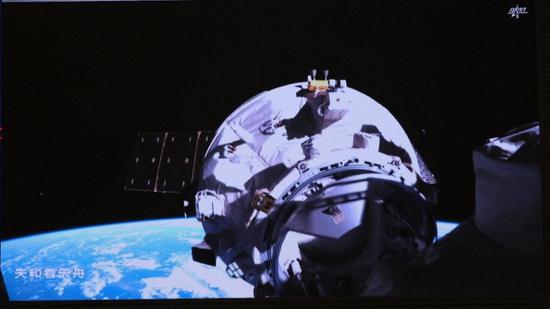
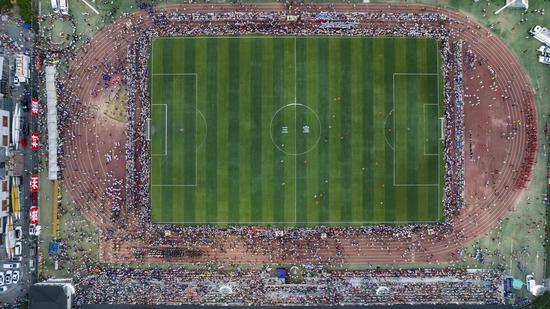

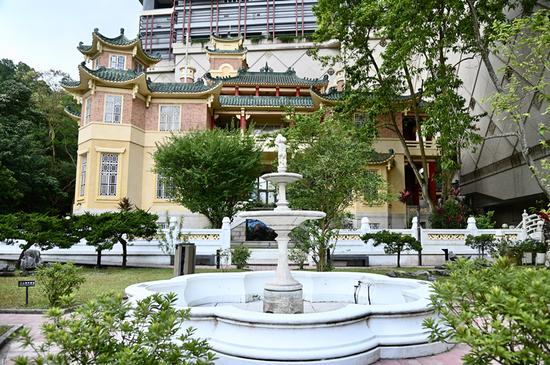



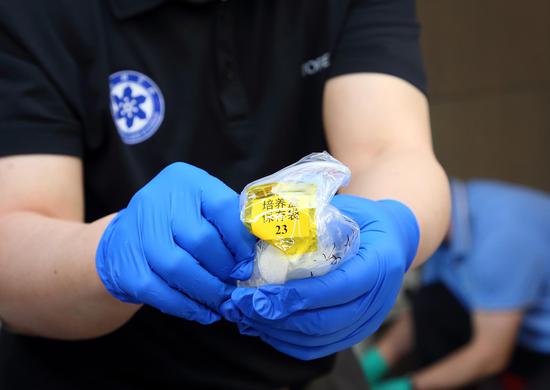

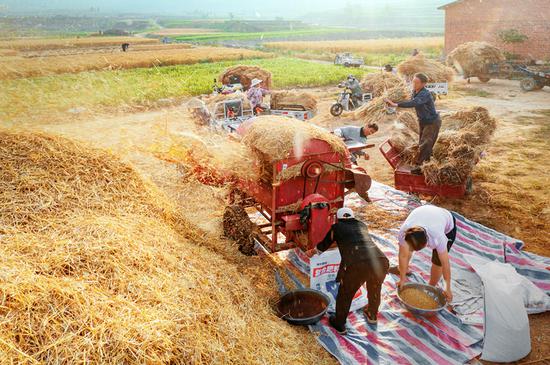





 京公网安备 11010202009201号
京公网安备 11010202009201号